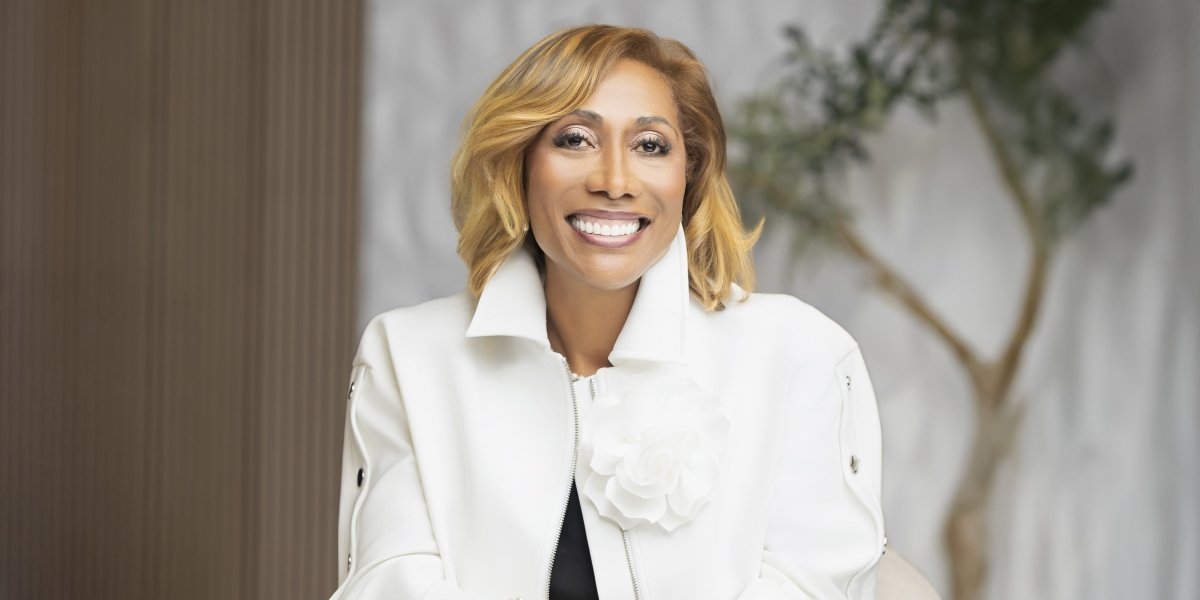In the entertainment industry, Black-led comedies have long been a source of laughter, cultural relevance, and innovation. Yet, despite their contributions, these comedies often do not receive the recognition and respect they deserve. The reasons behind this range from historical biases to industry gatekeeping, and these factors contribute to the underappreciation of Black comedies in mainstream media. This article delves into the key reasons why Black-led comedies are often underrated and explores the cultural impact they continue to make.
Historical Context
Underrepresentation in Hollywood: The roots of Black-led comedies being underrated can be traced to Hollywood’s history of underrepresentation. For decades, Black actors, directors, and writers have faced limited opportunities in the entertainment industry. This lack of representation has resulted in fewer Black-led projects, and those that are created are often labeled niche or sidelined into secondary categories. Historically, Black creators have had to work within a system that often didn’t view their stories as universal or widely marketable.
Stereotyping in Roles: In the early days of Hollywood, Black actors were often typecast into stereotypical roles, limiting their ability to portray well-rounded characters. This typecasting extended into comedic roles, where Black actors were often confined to portrayals that emphasized certain stereotypes. While comedies can be a powerful tool to subvert and challenge stereotypes, this history of limiting representation continues to shape the perception of Black comedies today.
Segregation of Media: Historically, Black-led content has been segregated or marginalized within the entertainment industry. Black actors and creators were often limited to specific networks or markets, making it difficult for these shows or films to reach a broader audience. This segregation has contributed to a perception that Black-led comedies are only meant for Black audiences, rather than being recognized for their universal appeal and impact.
Industry Gatekeeping
Lack of Studio Investment: A key reason why Black-led comedies remain underrated is the reluctance of Hollywood studios to invest in and promote these projects. Even when Black creators have successful track records, they often struggle to secure the same level of funding and support that white-led projects receive. This lack of investment translates into fewer marketing dollars, limiting the reach and visibility of Black comedies.
Limited Marketing: When Black-led comedies do get made, they often receive smaller marketing budgets compared to their white-led counterparts. The reduced visibility means that these films and shows may not reach a wider audience, contributing to their underappreciation. In many cases, the success of Black comedies relies on word-of-mouth or grassroots marketing efforts, making it more difficult for them to achieve mainstream recognition.
Bias in Awards and Recognition: Another area where Black-led comedies face challenges is in receiving recognition from prestigious awards like the Emmys, Golden Globes, and Academy Awards. These awards shows have historically underrepresented Black talent in their nominations, reinforcing the idea that Black-led comedies are not as “worthy” as other projects. This lack of acknowledgment further marginalizes these films and shows, despite their popularity and cultural significance.
Cultural and Social Bias
Cultural Perception: Mainstream audiences may not always connect with the cultural references and humor found in Black-led comedies. Cultural differences, slang, and unique storytelling styles may cause these comedies to be misunderstood or dismissed by wider audiences. As a result, these comedies can be unfairly viewed as niche rather than reflective of broader human experiences.
Racial Stereotyping: Black-led comedies are often labeled as niche or dismissed due to longstanding racial stereotypes that suggest Black humor is not as relatable or sophisticated as other types of humor. This is an outdated and biased perspective, but it continues to limit how Black comedies are viewed by wider audiences. The diversity within Black comedy, in terms of themes, style, and storytelling, is often overlooked.
Generalization of Black Stories: Another issue is the tendency to group all Black-led comedies into a single category without acknowledging the diversity within Black culture. This generalization prevents a full appreciation of the range of stories being told. For example, comedies that focus on Black family dynamics, coming-of-age tales, or workplace satire may be lumped together, even though they cover vastly different aspects of the Black experience.
Impact of Streaming Services and Niche Markets
Rise of Streaming Platforms: Streaming services like Netflix, Hulu, and Amazon Prime have created more opportunities for Black-led comedies to find audiences. These platforms bypass traditional gatekeepers and provide creators with more freedom to tell their stories. Black-led comedies that might have been passed over by major studios are now finding a home on streaming platforms, where they can reach a broader, more diverse audience.
Niche Audience Appeal: Despite the growth of streaming platforms, many Black-led comedies are still relegated to niche markets or primarily marketed to Black audiences. This limits their exposure to the general public and contributes to the perception that these comedies are not intended for wider audiences. While they often develop strong fanbases within specific communities, they don’t always receive the broader attention they deserve.
Broader Exposure: On a positive note, streaming platforms have allowed Black creators to experiment with storytelling and comedy, bringing more diverse perspectives into the spotlight. Shows like Insecure and Dear White People have gained critical acclaim and opened doors for other Black-led projects, but the challenge of competing with mainstream productions remains.
Quality vs. Perception
Critical Reception: Black-led comedies are sometimes undervalued in critical reviews due to unconscious biases. Many reviewers may not fully understand the cultural references or appreciate the storytelling style, leading to lower scores or less enthusiastic reviews. This disparity between critical reception and audience enjoyment can prevent these comedies from gaining the recognition they deserve.
Comparisons to White-Led Comedies: Black-led comedies are often unfairly compared to white-led comedies, with critics sometimes expecting them to follow the same narrative or comedic structures. This lack of understanding ignores the cultural context in which Black comedies are created. The humor in Black-led comedies often reflects unique experiences and challenges, but these distinctions are not always recognized or valued in the same way as their white-led counterparts.
Overlooked Innovation: Many Black-led comedies push the boundaries of storytelling, humor, and social commentary, yet they often go unrecognized for their innovation. From Atlanta‘s surreal approach to comedy to Insecure‘s honest portrayal of modern relationships, Black comedies frequently introduce fresh perspectives and creative storytelling methods that are often overlooked by mainstream audiences.
Notable Black-Led Comedies
Pioneering Shows: Classic shows like The Fresh Prince of Bel-Air, Martin, and Living Single set the stage for Black-led comedies but were often considered niche at the time. While these shows have since gained iconic status, they were not always appreciated as much as their white-led counterparts during their original runs.
Modern Examples: Today, shows like Black-ish, Atlanta, and Insecure have made significant strides in gaining recognition, but they still face barriers to being fully embraced by mainstream audiences. While these shows have garnered critical acclaim, they are still seen as representative of a niche market rather than as universal comedies that speak to broader experiences.
Audience Segregation
Targeted Audiences: Black-led comedies are often marketed primarily to Black audiences, which can limit their exposure to broader, more diverse audiences. While these shows and films may develop loyal fanbases within the Black community, this targeted marketing can prevent them from achieving mainstream success or recognition.
Cross-Cultural Appeal: Some Black comedies have succeeded in crossing cultural boundaries, appealing to audiences of all backgrounds. However, these successes are often seen as exceptions rather than the rule. To truly appreciate the diversity of Black-led comedies, audiences must move beyond narrow perceptions and engage with these shows and films on a broader level.
Black-led comedies are often underrated due to a combination of historical biases, industry gatekeeping, cultural misunderstandings, and a lack of proper recognition. Despite these challenges, these comedies continue to innovate, push boundaries, and provide insightful commentary on the human experience. As the industry evolves and audiences become more open to diverse storytelling, Black-led comedies have the potential to be appreciated for the rich, vibrant contributions they bring to the world of entertainment.








